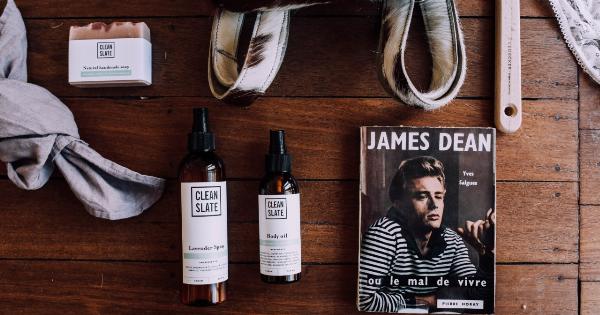Winter is a beautiful season with its frosty landscapes and cozy atmosphere. However, it can also wreak havoc on our delicate lips, leaving them dry, chapped, and uncomfortable.
To keep your pout soft and supple even in the harshest winter weather, follow these 9 tips for winter lip care.
1. Stay Hydrated
Staying hydrated is crucial for maintaining healthy, moisturized lips. The cold, dry air of winter can easily dehydrate your body, including your lips. Make sure to drink plenty of water throughout the day to prevent dryness and promote lip health.
2. Exfoliate Regularly
Exfoliating your lips is an essential step in winter lip care. Use a gentle lip scrub or create your own at home by mixing sugar and honey. Gently massage the scrub onto your lips in circular motions, then rinse off with warm water.
Exfoliating helps remove dead skin cells and allows your lip balm to penetrate more effectively.
3. Protect Your Lips
Just like you would protect your skin from the cold weather, your lips need protection too. Apply a lip balm with SPF before heading outside, even on cloudy days. The sun’s rays can still damage your lips, leading to dryness and sunburn.
Look for a lip balm with ingredients like shea butter or cocoa butter to provide an extra layer of nourishment and protection.
4. Avoid Licking Your Lips
Licking your lips may provide temporary relief, but it actually worsens the condition of your lips in the long run. Saliva evaporates quickly, leaving your lips even drier.
Additionally, the enzymes in saliva can irritate and damage the delicate skin on your lips. Break the habit of licking your lips and opt for applying a healing lip balm instead.
5. Use a Humidifier
Indoor heating systems can strip the air of moisture, causing dryness all over, including your lips. Using a humidifier can help replenish the moisture in the air, keeping your lips hydrated and preventing them from drying out.
Place a humidifier in your bedroom or any room where you spend a significant amount of time.
6. Apply Lip Balm Regularly
Invest in a good quality lip balm and apply it regularly throughout the day. Look for a lip balm that contains natural ingredients such as beeswax, almond oil, or jojoba oil. Apply a generous layer before bedtime to nourish your lips overnight.
Reapply lip balm after eating or drinking to lock in moisture and protect your lips from further damage.
7. Avoid Matte Lipsticks
Matte lipsticks may look glamorous, but they can be extremely drying, especially during winter. Opt for creamy or moisturizing lipsticks instead.
If you can’t resist a matte finish, make sure to moisturize your lips thoroughly and apply a layer of lip balm before applying the matte lipstick.
8. Cover Your Lips in Extreme Cold
Extreme cold weather can cause your lips to become painfully dry and chapped. Protect them by covering your mouth with a scarf or a turtle-neck sweater when venturing out into the cold.
This creates a barrier between your lips and the harsh winter air, reducing the risk of dryness and chapping.
9. Stay Away from Harsh Products
Avoid using any harsh or fragranced products on your lips during winter. Ingredients like menthol, camphor, or alcohol can further dry out your lips and cause irritation.
Stick to gentle, natural products that provide moisture and nourishment to keep your lips soft and smooth.
In Conclusion
Winter weather doesn’t have to mean dry and chapped lips. By following these 9 tips, you can care for your lips throughout the winter season and keep them soft and supple.
Stay hydrated, protect your lips, and pamper them with moisturizing lip balms and gentle exfoliation. Embrace the frosty weather while maintaining perfect lips!.



























